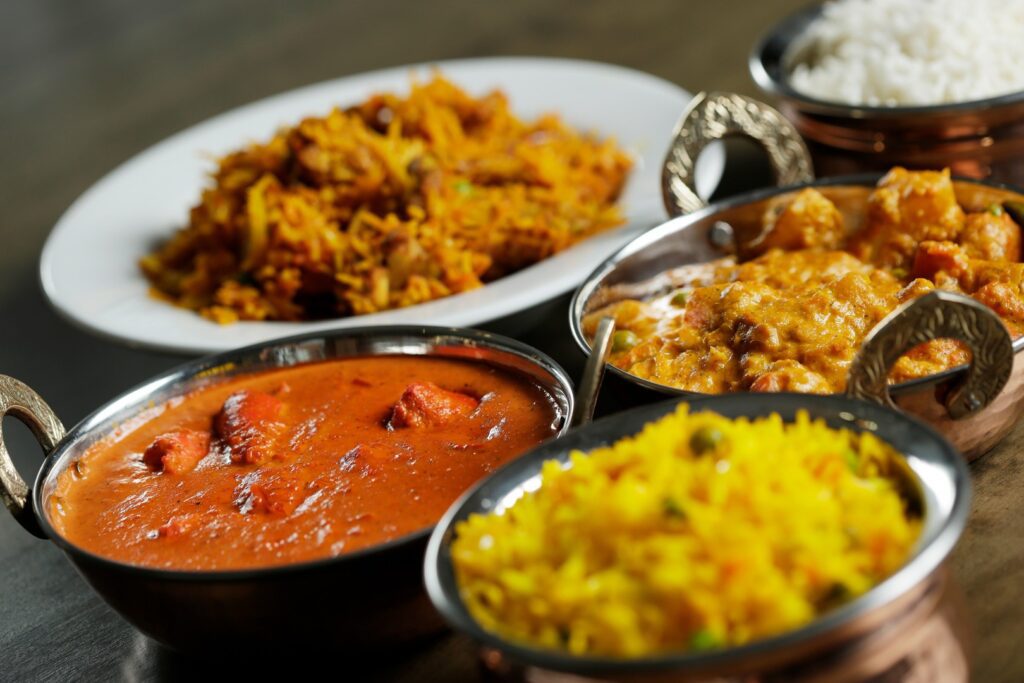Cardamom is a versatile spice used in cooking for centuries, known for its distinct aroma and flavor as well as its numerous health benefits. It is rich in essential minerals such as calcium, magnesium, potassium, and vitamins C and B6, and contains antioxidants. Cardamom has digestive aid, oral health, and anti-inflammatory properties, making it a potential remedy for irritable bowel syndrome and reducing inflammation in the lungs and airways. It can be used in sweet and savory dishes such as baked goods, curries, and stews or added to tea. By incorporating cardamom into cooking, one can enjoy its unique flavor and health benefits simultaneously.
The Magic of Cardamom: Uncovering its Benefits and Uses in Cooking
Introduction
Cardamom is one of the most popular spices in the world, and it has been used in cooking for centuries. This spice is known for its distinctive aroma and flavor, as well as its numerous health benefits. In this article, we will explore the nutritional value of cardamom and its potential health benefits, as well as its uses in cooking.
Nutritional Value of Cardamom
Cardamom is rich in several essential minerals, including calcium, magnesium, and potassium. It also contains high levels of vitamin C and vitamin B6. Additionally, cardamom is a good source of dietary fiber and has been shown to have antioxidant properties.
Calcium
Calcium is essential for strong bones and teeth, as well as for proper muscle and nerve function. One tablespoon of ground cardamom contains approximately 23 milligrams of calcium, or 2% of the recommended daily intake.
Magnesium
Magnesium is important for maintaining healthy blood pressure, regulating heart rhythm, and supporting a healthy immune system. One tablespoon of ground cardamom contains approximately 33 milligrams of magnesium, or 8% of the recommended daily intake.
Potassium
Potassium is necessary for proper muscle function and helps to regulate fluid balance in the body. One tablespoon of ground cardamom contains approximately 111 milligrams of potassium, or 2% of the recommended daily intake.
Vitamin C
Vitamin C is essential for maintaining a healthy immune system and is also important for the production of collagen, a protein that helps to keep skin and tissues healthy. One tablespoon of ground cardamom contains approximately 1 milligram of vitamin C, or 1% of the recommended daily intake.
Vitamin B6
Vitamin B6 is necessary for the proper functioning of the nervous system and helps to produce red blood cells. One tablespoon of ground cardamom contains approximately 0.1 milligrams of vitamin B6, or 5% of the recommended daily intake.
Antioxidants
Cardamom has been shown to have antioxidant properties, which means it may help to protect against cell damage and reduce the risk of chronic diseases.
Health Benefits of Cardamom
In addition to its nutritional value, cardamom has several potential health benefits:
Digestion
Cardamom has been used for centuries as a digestive aid and is believed to help relieve gas and bloating. Studies have also shown that cardamom may help to reduce the symptoms of irritable bowel syndrome (IBS).
Oral Health
Cardamom has antimicrobial properties, which means it may help to fight bacteria in the mouth and prevent cavities. Additionally, cardamom is often used to freshen breath and improve overall oral health.
Anti-inflammatory
Cardamom may help to reduce inflammation in the body, which is believed to contribute to a variety of chronic diseases. Studies have shown that cardamom may be particularly helpful in reducing inflammation in the lungs and airways.
Uses of Cardamom in Cooking
Cardamom is a popular spice in many cuisines and is used in both sweet and savory dishes. Some popular uses of cardamom in cooking include:
Baking
Cardamom is often used in baking to add flavor to sweet treats like cookies, cakes, and pastries. It pairs particularly well with cinnamon and is often used in spiced desserts.
Curries and Stews
Cardamom is a common ingredient in many curries and stews, particularly in Indian and Middle Eastern cuisines. It adds a distinctive flavor and aroma to these dishes.
Tea
Cardamom is often added to tea, particularly in Indian cuisine. It adds a spicy, aromatic flavor to the tea and is believed to have many health benefits.
Meat and Vegetable Dishes
Cardamom can be added to both meat and vegetable dishes to add flavor and complexity. It pairs particularly well with lamb, but can be used in a variety of dishes.
Conclusion
Cardamom is a versatile spice that has been used in cooking for centuries. It has numerous potential health benefits, including digestive aid, oral health, and anti-inflammatory properties. By incorporating cardamom into your cooking, you can enjoy its unique flavor and reap its health benefits at the same time.
